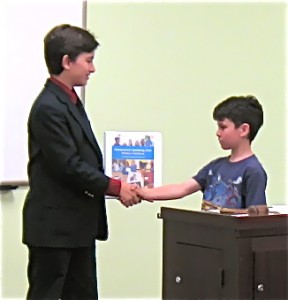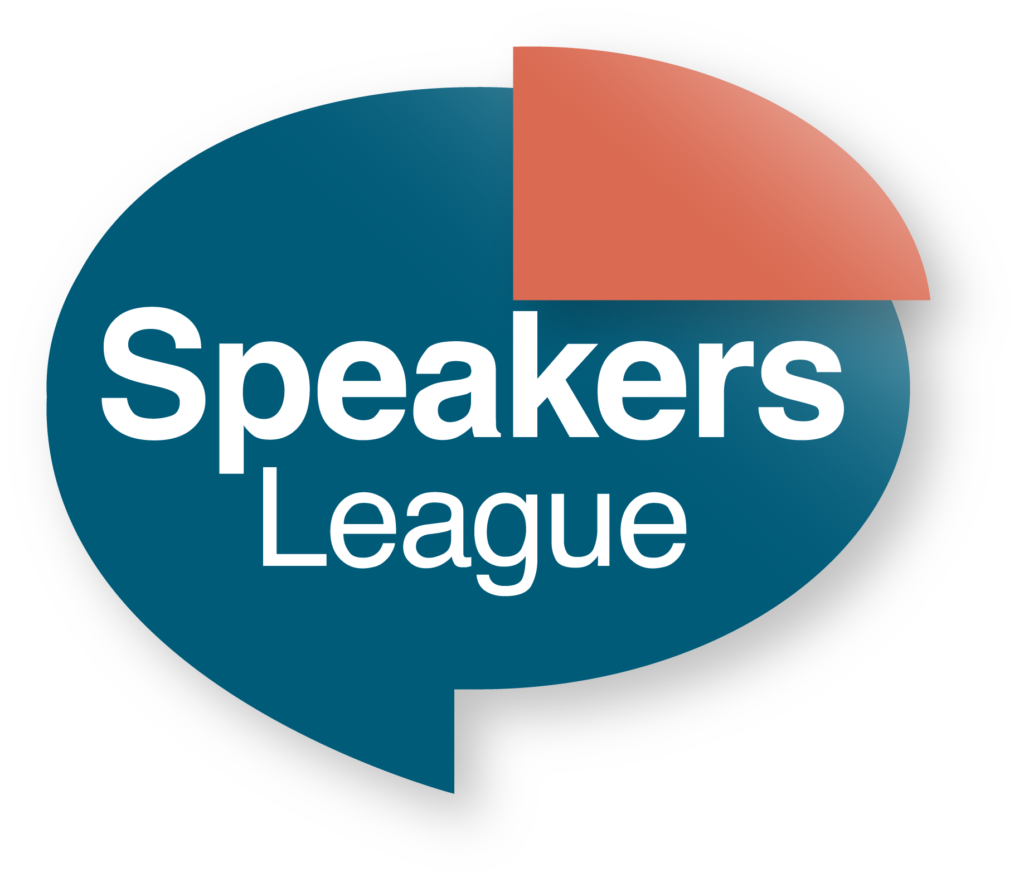
Menu

Speakers League is a great fit for all of these types of organizations and individuals.
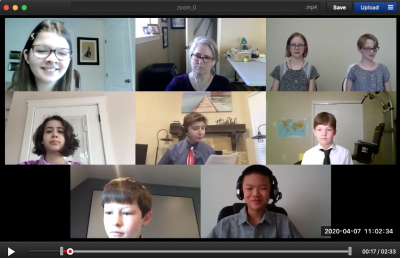

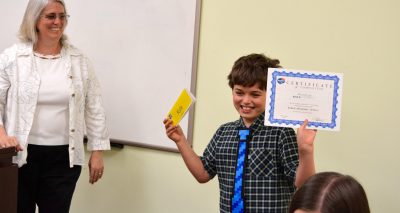

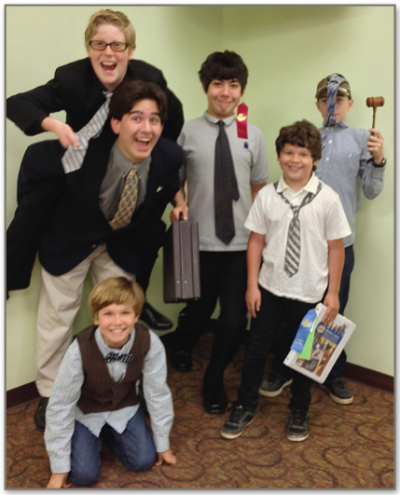
We refer to the adult supervisor of the club as the “Chairperson.” Though ensuring the meetings are run efficiently and professionally always rests with you, the ultimate goal for the Chairperson is to have as little input on the meeting as possible, with the members running it from beginning to end with only light supervision from you.
At the beginning, and until club officers are elected (generally, a few months into the club) you will manage the opening and closing of the meeting.
After that, the Chairperson’s chief responsibility is to maintain proper meeting etiquette. The goal is for members to elevate their behavior to that of a business meeting, balancing enjoyment with seriousness. You will want to review the video or meeting handbook section on etiquette with your members. Reminders during meetings are sometimes necessary.
Many club chairpersons choose to complete speech evaluations (form available), and some even video record and upload the speeches for members to self-evaluate.
To give you ongoing access to the most complete version of our club planning materials, training videos, and quizzes, etc., we suggest that you purchase an Individual or Club Level subscription.
Individuals subscribers ($5/month) can view all of our training videos and quizzes. Club Level subscriptions (for adults planning to launch a club) start at $10/month) receive access to Club Officer and Workshop materials. Club Level subscribers access the training materials, quizzes, and sample videos.can offer to up to 10 children (or parents) to also You can offer access to additional groups of 10 children (or parents) for an additional $5 per month. s, including club officer materials, photo library, a workshop guide, Club Subscribers can permit their members to access key materials as well, for download.
This is a common question, so we made an entire section of our Operating Manual devoted to the first few meetings. We provide two pathways to launching your club.
One pathway provides step-by-step lesson plans modules that you can implement over 3-4 meetings that will give you and your members a gradual, fun, and stress free introduction to the roles at a club meeting, techniques for Impromptus, a plan for preparing their first speech, and a foundation in how to effectively (and constructively) evaluate another member’s speech.
The other pathway is to start with a full meeting. To do this, you will provide (or have members purchase) handbooks at least two weeks prior to the first meeting, have members review the meeting highlight video and protocol video, and pre-assign meeting roles, including speeches.
That’s fine. There’s a lot of flexibility in holding workshops around the times of year that work best for you. Some teachers opt to conduct workshops during summer break. Some people do weekend or after-school workshops.
Our workshops work well for anywhere from 6-16 sessions.
An ongoing club is more of a commitment of time, but can also have flexibility. For example, many clubs take the summer off. Others convene somewhat sporadically when holidays come around. You can adjust your schedule for your and your members’ particular needs.
No. A group of families can just come together to start a club or do a workshop. It is even up to you whether you charge dues at all, to cover your expenses.
On a side note, we do not assist with business start up. We merely make our materials available for your use, subject to our terms and conditions.
Clubs and workshops can operate with as few as six participants, doubling up on roles. A “micro-schedule” is available for these smaller clubs/workshops.
Ideally, you will have 12-15 participants, making it easy to fill all the roles with little or no doubling of roles.
Clubs and workshops with more than 15 members can become challenging due to not having enough time for everyone to speak during the Impromptu segment of the meeting. (This can be managed somewhat by not having the MC and speakers answer Impromptu questions.)
You determine your club’s schedule. Some clubs meet weekly, some twice a month, some once a month. A membership level of 6-15 can thrive on once or twice a month. A larger membership can do well with weekly meetings. It’s a matter of being able to fill your schedule and give everyone enough opportunities to do the roles and give prepared speeches.
You will probably have the best results with kids aged 10-and-up, though serious-minded younger ones can have success, as well. We’ve seen them as young as six (but they are better for Junior Speakers League clubs)!
A Speakers League club is generally an ongoing group that meets regularly for a school year, or more.
A Speakers League workshop is a short term group that meets for between six and sixteen sessions. The attendees generally participate in only one workshop.
Workshops are a great option for introducing public speaking and meeting management skills to groups. Our workshop materials are perfect for as few as 6 sessions, and as many as 16. (After that, you would convert the group to a full Speakers League club to have access to more speech types.)
Some charter holders use workshops to recruit for their ongoing clubs. Others just run workshops and never start an ongoing club. It’s up to you!
Yes! Many clubs have used video conferencing for meetings. It’s a great way to reach a wider membership base. One of our headquarters clubs that met during the day for homeschoolers was able to accept a member from Germany for whom (at 7 hours ahead) it was an after school program.
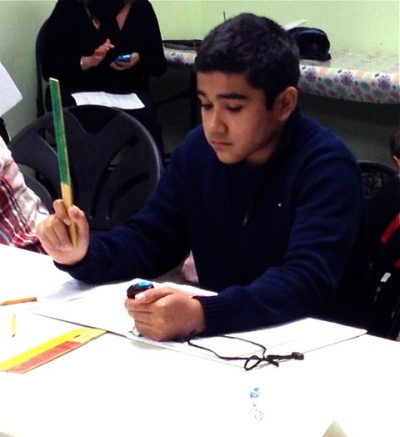
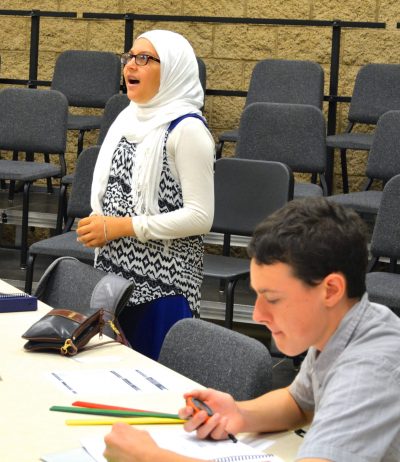
The costs of running a club amount to these:
Typically, membership dues and materials fees offset these expenses.
You may run as many clubs as you wish. You can even do it without a subscription by just ordering handbooks and forms. The subscription is good because you get the training videos and quizzes and materials discounts and downloadable materials. You must have a subscription to access workshop and club officer materials.
Running Speakers League clubs can be profitable. The key is strong membership building and providing unquestionable value to your customers.
On a side note, we do not assist with business start up. We merely make our materials available for your use, subject to our terms and conditions.
Of course! Helping children learn the skills of public speaking is a goal worth sharing. Many people want to help children, and if fundraising can help you offer this learning experience to more children, then this is a great approach. Non-profits often have greater (and less-expensive) access to room rentals, as well.
On a side note, we do not assist with business start up. We merely make our materials available for your use, subject to our terms and conditions.
We do not limit anyone from purchasing our materials.
It is not unusual for meeting sites to require that you have liability insurance. If you or your organization already has such insurance, use that. If you do not have it, you may wish to contact your own insurance agent, or look into tutor/teacher insurance online. Finding a non-profit organization to sponsor your club is another option to consider.
Consider trying these possibilities:
Another option is to start your club as a video conferencing club that only meets online. Typical sites that do this are Zoom, Skype, and Microsoft Teams.
The approach to the very first meeting depends on the readiness of your membership before day one.
Ideally, before the first meeting, members will have had a chance, at home, to view our meeting highlight video (speakersleague.com/video) and to have reviewed their member handbook for information about their pre-scheduled role at the first meeting.
However, if there has not been sufficient time for pre-scheduling, and such, our “Chairperson’s Guide” materials offers an alternative – a step-by-step lesson plan that you can implement over 3-4 meetings to give you and your members a gradual, fun, and stress-free introduction to the roles at a club meeting, techniques for Impromptus, a plan for preparing the first speech, and a foundation in how to effectively (and constructively) evaluate another member’s speech.
Within a few months, if not sooner, you can add in the roles of Club Officers who will take over the opening and closing of the meeting, among other things.
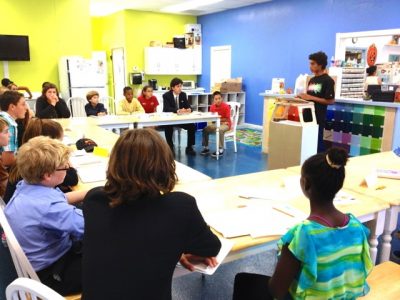
Most clubs include “Speakers League” in their name, such as “Norfolk Middle School Speakers League.” However, that is not required. You might prefer “Norfolk Communications Club,” or the like.
Likewise, if you are a tutoring company, you might name your club “Kumon of Wichita Speakers League,” or “Kumon Kommunicators.”
You may not remove the Speakers League logos and replace them with your club or organization’s. For your club name and club logo, you may integrate the design with the Speakers League logo for your marketing and promotional materials.
For more information, read Sections 26-31 on our Terms and Conditions page.
If in doubt, contact us at info@speakersleague.com
or call 214-972-8046.
If you are a subscriber you may print out the materials as needed. Many subscribers choose to do this.
You will receive an email about 15 minutes after you purchase your subscription. It will contain your link and sign-in credentials for our “ClubHub”, where you can immediately download all of the materials. You only have permission to use our downloaded materials while you are a subscriber.
We do offer, for your convenience, the option to purchase printed items and other supplies, and this can be done with our without a subscription. Subscribers do receive discounts on these purchases. These can be found in the Club Store of our website.
No. However subscribers and their listed members can individually purchase a downloadable version of the handbook.
No. Membership-building is your responsibility, but our “Chairperson’s Guid” has lots of great promotional ideas to help you with this.
To be clear, we do not assist with business start up. We merely make our materials available for your use, subject to our terms and conditions.
It is entirely up to you. The Speakers League company does not receive any part of the dues you collect.
Some people wish to offer a free club to members. Others see their club as a business from which to earn an income.
Whether you have a profit motive, or not, we feel it is important to attach value to your club through some form of club dues.
Most extracurricular activities cost parents $10 to $20 per hour per child. Depending on your location, clientele, and expenses, it is not unreasonable to charge between $10 and $25 per meeting per member. A modest dues structure might be $50 as a one-time-registration/materials fee and $30 per month for two meetings per month.
Many clubs offer financial aid for children that could not otherwise participate, but they also usually require that families make some contribution toward the dues.
There is more information on this topic in the “Chairperson’s Guide.”
Members help set up the meeting room. The meetings begin with a short business session where guests are acknowledged and housekeeping items run through. It is not uncommon for parents to be welcome to stay and watch throughout.
The meeting is then turned over to the day’s MC (Master of Ceremonies) who is in charge of introducing segments of the meeting and key participants.
During the first segment of the meeting, called “Impromptus,” members and guests have the opportunity to think on their feet and talk on a topic, off-the-cuff, within a 2-minute time limit. Guests have the option to pass.
Following Impromptus the prepared speeches segment begins, during which the scheduled speakers make their presentations. Most of the speakers are giving specific types of speeches to complete requirements for level promotion.
During the final segment of the meeting, each speaker is evaluated by a fellow club member, following club guidelines for evaluation.
After each segment, club members (and guest students) cast votes for the winner of each segment — Best Impromptu, Best Speaker, and Best Evaluator. At the end of the meeting, ribbons are awarded to the winners. (Not every club does voting. It is up to the Club Chairperson.)
There are four Levels within the Speakers League program. To complete Level I, members must do each Club role at least once, and give the seven speeches outlined below.
1. Getting to Know You (4 – 6 minutes) The goal of the Getting to Know You speech is to share information about yourself so the audience gets to know you better. The primary skills emphasis for this speech is eye-contact.
2. Gestures (5 – 7 minutes) The goal of the Gestures speech is to use body language to help you communicate your message.
3. Vocal Variety (5 – 7 minutes) The goal of the Vocal Variety speech is to use power, pitch, pace, and pauses to add meaning and interest to your message..
4. Visual Aids (5 – 7 minutes) The goal of the Visual Aids speech is to use visual aids to help the audience members understand and remember what they hear. Popular visual aids include computer-based visuals, sharing from a device, flip charts, whiteboards, and props used for demonstration.
5. Organizing (5 – 7 minutes) The goal of the Organizing speech is to organize the presentation into a logical order or format that is clear to the audience. (The speaker should provide his/her MLA formatted outline to the Chairperson and Evaluator before the speech.)
6. Speaker’s Choice (5 – 7 minutes) The goal of the Speaker’s Choice speech is to demonstrate overall speaking skills. The topic is chosen by the speaker.
7. Capstone (7 minutes +/- 30 seconds) The goal of the Capstone speech is to research an issue or topic and present a speech about it. The speaker should clearly demonstrate a competence in the skills covered across all Level I speeches. (The speaker should provide his/her MLA formatted outline to the Chairperson and Evaluator before the speech.) To be eligible for Level advancement, the timing of this speech must fall within the specified time frame of 7-minutes plus-or-minus 30-seconds.
A signaling system is used to keep speakers aware of their time.
As it happens, yes. Within the English Language Arts standards for “Speaking and Listening,” our program meets all of the standards in the categories of “Comprehension and Collaboration,” as well as “Presentation of Knowledge and Ideas,” across all grades.
Click here for more details on the Common Core standards met by Speakers League.
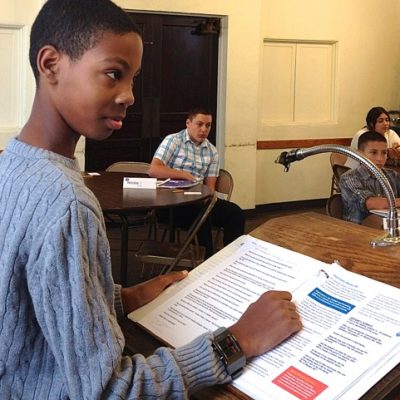
We provide complete phone and email support to our subscribers, and your Chairperson’s Guide is a step-by-step guide for you. Whether you are a School Program, Youth Club, Tutoring Center, or homeschooling co-op, we provide all the tools and support to plan, promote, launch, and maintain your Speakers League Club.
